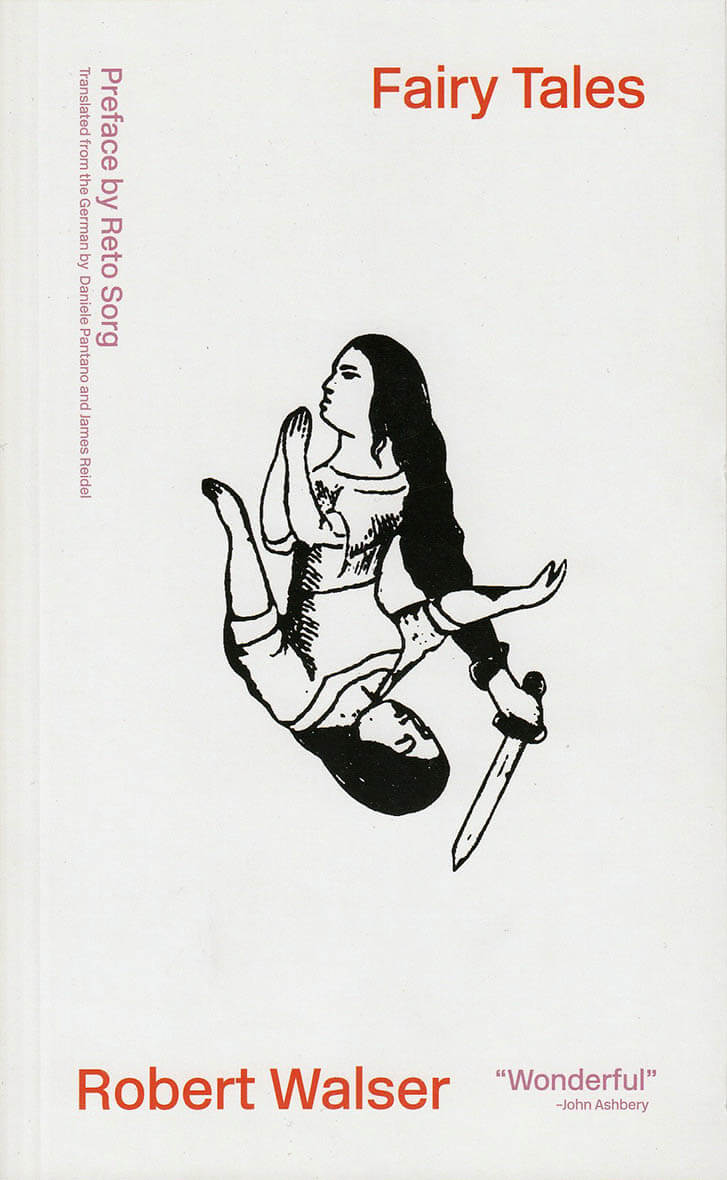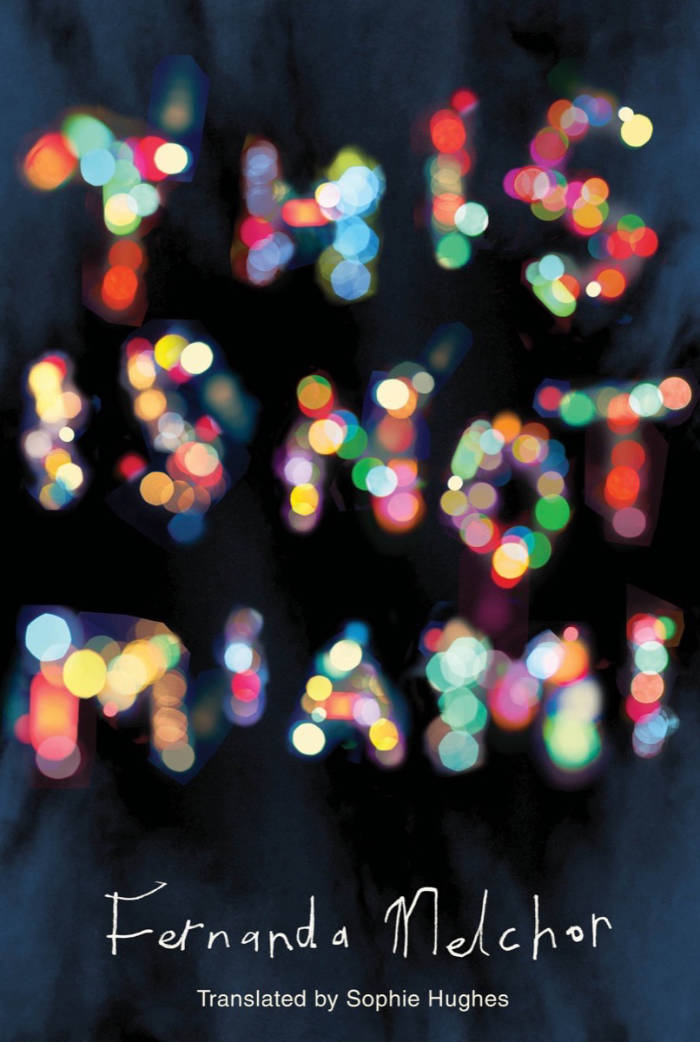
Fairy Tales: Dramolettes
Fairy Tales gathers the unconventional verse dramolettes of the Swiss writer Robert Walser. Narrated in Walser's inimitable, playful language, these theatrical pieces overturn traditional notions of the fairy tale, transforming the Brothers Grimm into metatheater, even metareflections.
Snow White forgives the evil queen for trying to kill her, Cinderella doubts her prince and enjoys being hated by her evil stepsisters; the Fairy Tale itself is a character who encourages her to stay within the confines of the story. Sleeping Beauty, the royal family, and its retainers are not happy about being woken from their sleep by an absurd, unpretentious, Walser-like hero. Mary and Joseph are taken aback by what lies in store for their baby Jesus.
Robert Walser (1878-1956) was born in Switzerland. He left school at fourteen and led a wandering and precarious existence working as a bank clerk, a butler in a castle, and an inventor's assistant while producing essays, stories, and novels. In 1933 he abandoned writing and entered a sanatorium—where he remained for the rest of his life. "I am not here to write," Walser said, "but to be mad."
Published 2015







